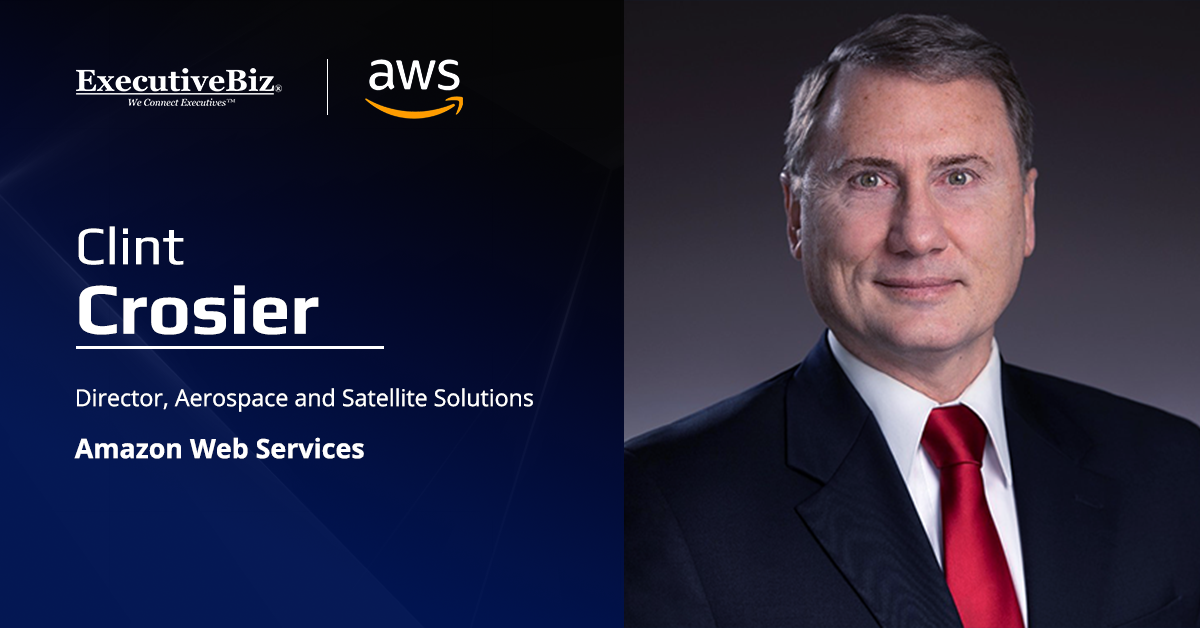Amazon Web Services executive Clint Crosier spoke at a recent Booz Allen Hamilton event where he tackled the role artificial intelligence plays in space missions, GeekWire reported.
Overcoming Human Limits
Crosier, who serves as director of aerospace and satellite solutions at AWS, described AI as having become “table stakes” for on-orbit systems and capabilities, because of the need to speedily process large amounts of data, a task humans are much too limited to perform.
“We’ve culminated, so we must further embrace AI, ML and generative AI capabilities for the future,” the AWS official said.
Troubleshooting Issues on Mars
NASA is already working with AWS on multiple projects that seek to take advantage of AI to enhance space missions. According to Crosier, one project involves NASA porting many of its technical manuals into AWS’ generative AI, making it possible for users to consult a chatbot about the specifications of a given capability or ask for recommendations for troubleshooting an issue. The project could be helpful in future missions to Mars where seeking assistance from engineers on Earth could be difficult due to delays in communication.
“Think about porting that into the future. ‘Houston, I have a problem’ becomes ‘Houston, I have a solution,’ because you’ve got this autonomous capability on the surface of Mars,” Crosier said.

Register now to attend the Potomac Officers Club’s 2025 AI Summit, where you can gain strategic insights and actionable takeaways about how to harness artificial intelligence within your organization.





